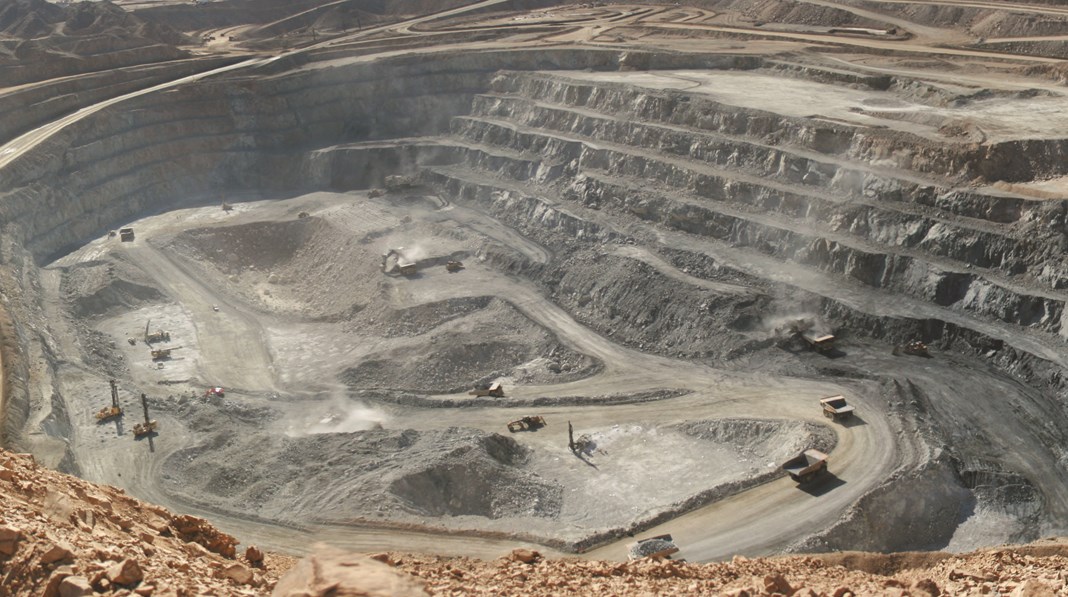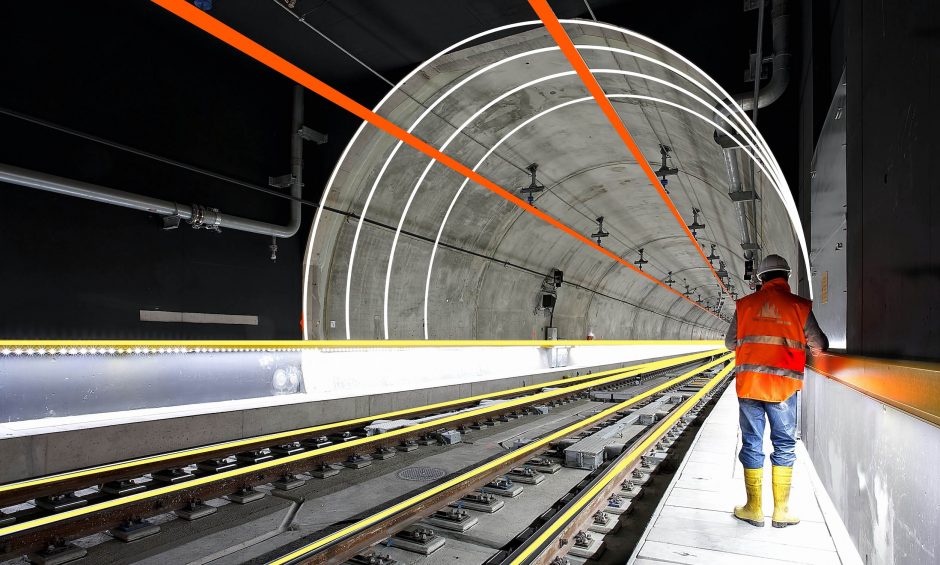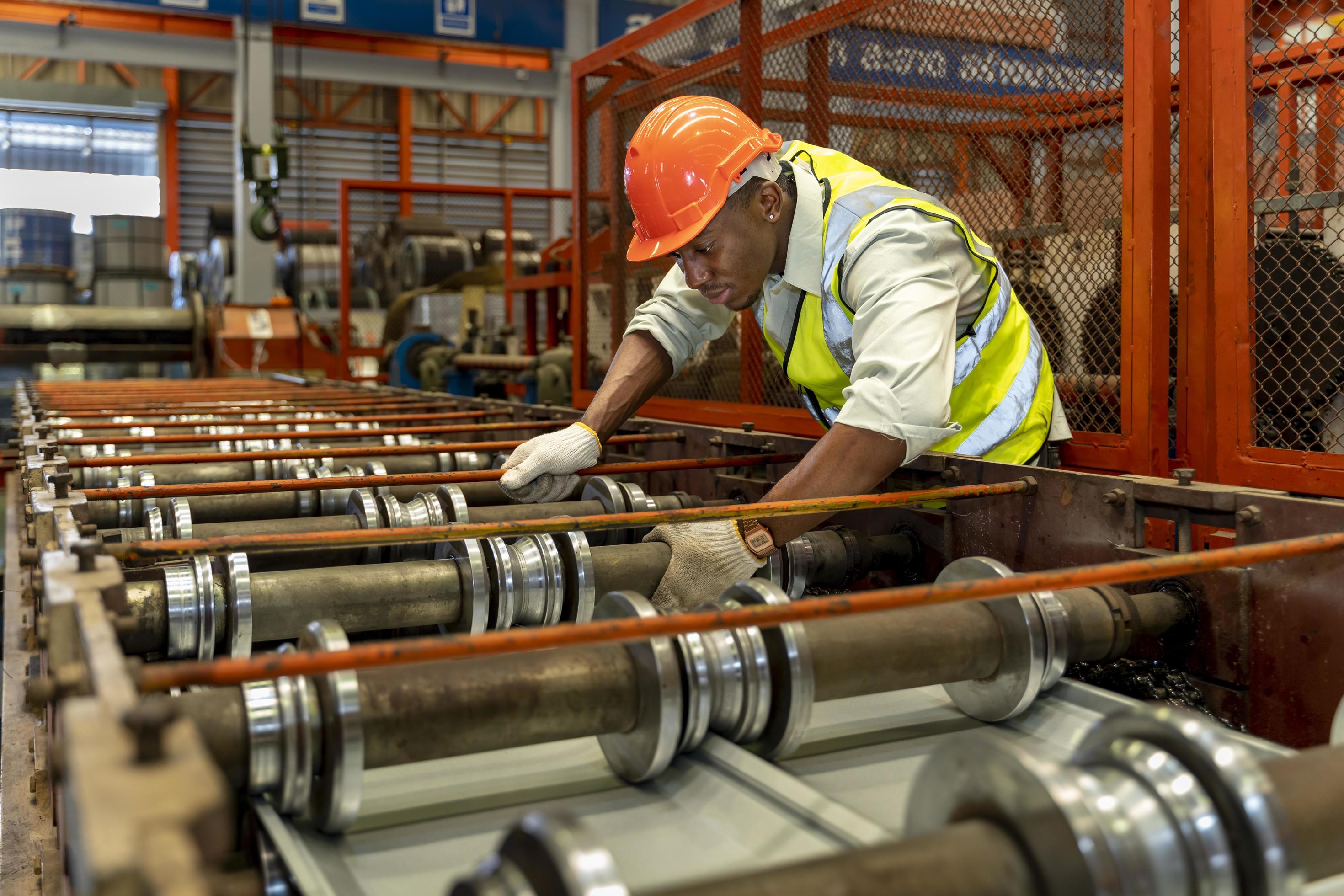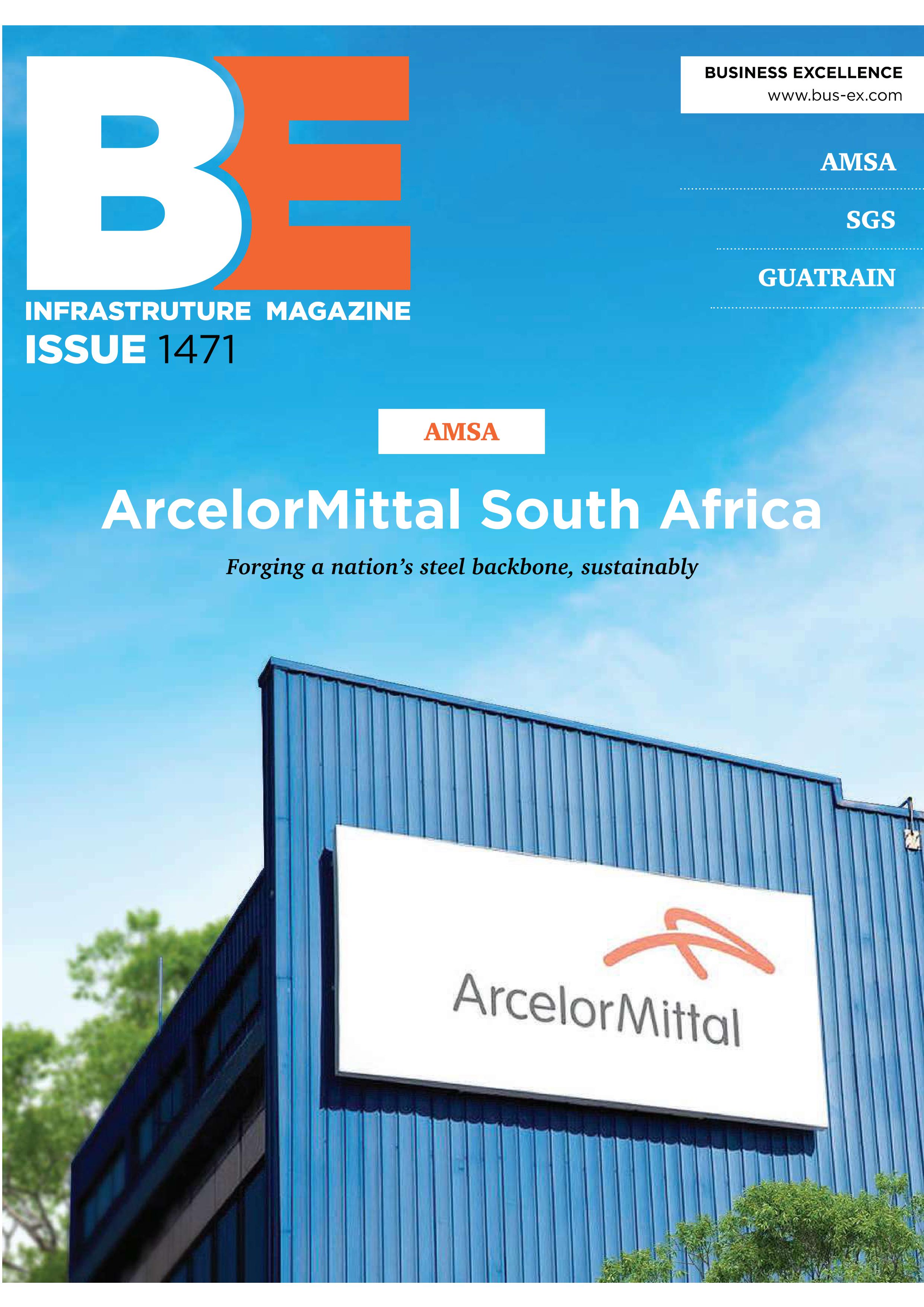Davis Langdon is a specialist in the built environment, providing cost management and procurement for engineering projects in all sectors of the economy. Rooted in Africa, it uniquely understands the needs of the continent’s booming economies.
The roots of Davis Langdon go back to 1909 when E B Farrow prepared a schedule of quantities for the ‘New Railway Station in Pretoria’. But it places its foundation 13 years later when, following the disruption of the First World War, Farrow teamed up with Scotsman Donald Laing to found the Farrow Laing partnership. In 1946 following a merger with Lane, Werry and Hattingh of Bloemfontein, R W Lane became senior partner of the Farrow Laing Partnership and was a significant figure in firmly establishing and advancing the provision of quantity surveying services in the mining and heavy engineering construction sectors.
Services to mining remain a significant part of the comprehensive services provided by the practice to this day and many commissions have been secured within the gold, diamond, platinum and coal industries. One of the most recent was Impala Platinum’s No 16 Shaft Project, part of Implats’ R6.6 billion expansion of its Rustenburg operations. Davis Langdon is retained as the project quantity surveyor, responsible for all quantity surveying services on all construction packages including contract administration. Davis Langdon has been involved in this project from pre-feasibility study through the bankable feasibility study and is currently involved with the implementation phase. The project is due for completion in December 2012.
The practice continued to prosper and extend its areas of influence during the 1950s and 1960s. Major commissions undertaken locally during this period included the Johannesburg Station, the Carlton Centre and the Johannesburg Civic Centre. More recently in the 1990s the firm was incorporated and consolidated its position as a leader in the field of construction cost consultancy in Southern Africa with major offices in many centres, including Cape Town, Durban, Johannesburg, Klerksdorp, Pretoria, Bloemfontein, George, Stellenbosch, Pietermaritzburg, Port Elizabeth, Port Shepstone, Richards Bay, Nelspruit and Vanderbijlpark.
The South African firm went global in 1998 when it joined Davis Langdon and Seah International, one of the foremost multi-disciplinary cost management and project control organisations with more than 100 offices worldwide. However in October 2010 it changed hands once again when it was acquired by the global engineering services giant Aecom, which has itself been present in Africa since the 1960s. According to Greg Pearson, Davis Langdon’s executive for the Africa Region, this gave the firm a longer reach, extending its client base and the range of services it is able to offer. “Where previously Davis Langdon was known asa cost management and project management partner, now it is a multi-disciplinary engineering company within Aecom.”
After 90 years, Davis Langdon can be said to have embedded itself in African construction, mining and infrastructure sectors, and it has been a partner in almost every megaproject such as the Gautrain, the provision of facilities for the World Cup and port and transport infrastructure for its major client Transnet, as well as mine expansion, tourism and public works. Port expansion is a major part of the company’s work and large maintenance projects are in the pipeline for Coega and Durban ports. The company is also working as far afield as Liberia and Egypt where the Port Said East Container Terminal is being built under a $220 million contract by the China Harbour Engineering Company. Davis Langdon provided preliminary tender design, detailed design and technical services during construction, which will be completed in October 2012.
The run-up to 2010 saw Davis Langdon called in to provide cost management and specification consulting services for seven out of the 10 stadium projects playing host to World Cup games, including the 98,000-capacity Soccer City in Johannesburg. In addition, the firm also helped deliver training venues and some of the infrastructure and hospitality supporting the event, including hotels and a variety of different transport projects, which include the Bus Rapid Transit (BRT) services and the Gautrain rapid rail link with its extension to OR Tambo International Airport.
South Africa’s economy was given a massive boost by the World Cup so it’s no surprise that investment slowed down to some extent once that was over and the general economic recession started to be more keenly felt. For a global engineering consultancy like Davis Langdon, retrenchment in Europe, North America and the Far East is a serious matter. South Africa is already starting to recover, says Pearson, but the rest of Africa is something different. “Africa is very buoyant right now, especially in the hotel, mining and infrastructure sectors. With global investors—China in particular—taking a huge interest in Africa’s natural resources, many countries coming from a very low cost base are spending huge amounts on the infrastructure they need to exploit those resources.”
So he is focusing his attention on hotels, mining and infrastructure in Africa (outside of South Africa). Hotels are being built all over West Africa as countries like Ghana, Togo, Benin and Guinea develop their resorts. “We are currently working with African Ventures in West Africa rolling out 200 to 250 bed hotels in the capital cities in most of the ECOWAS [Economic Community of West African States] region.”
The MD of African Ventures, Eissame Halabi-ahma, currently owns the Marriot Hotel in Ghana and would like to expand his hotel portfolio across West Africa, says Pearson. African Ventures has plans to develop hotels in nine countries though Davis Langdon is focusing on two five-star hotels in Guinea and Benin with retail and spa facilities.
To design the Benin hotel, Davis Langdon brought in Durban-based architects Elphick Proome. “We frequently find that we can present the best package to our clients by partnering with our competitors,” he says, adding that one of Davis Langdon’s great strengths has always been its flexibility. The Benin hotel is a 200-bed property in Cotonou, incorporating state-of-the-art technologies like heat pumps for hot water, drastically reducing the electricity requirements of the hotel while at the same time using traditional African building forms as a means of providing effective shading and channelling the air in order to cool the structures beneath.
“We are in discussion with Rezidor hotels to have these properties managed by Radisson, since Radisson is one of the leading hotel management companies in Africa and we have a long working relationship with them,” reveals Pearson. Davis Langdon has a dedicated Hotels division headed up by Neels Heunis. “We have captured hotel data across all regions of Africa, giving us an unbelievable database of costs and benchmarking information. This allows us to cross-check developments and benchmark with the greatest of ease, and provide information on the project prior to commencement. This information is invaluable to clients.” The bottom line, he says, is that wherever in Africa a developer is looking to site his hotel, Davis Langdon can quickly give him a reliable ‘cost per key’.
A 90-year track record in Africa gives Davis Langdon the edge over even the finest consultancies coming in from overseas. European and American architects and engineers are waking up to the potential of Africa, he says, but they tend to apply first world methods in a third world environment. “Telling people you will teach them how it ought to be done is arrogant: things work differently in Africa, but that is not to say that African methods are sub-standard.”
Passionate about empowerment, Pearson points to the company’s firm policy of working with local firms wherever possible and developing local enterprises. In Rwanda, for example, Davis Langdon is partnering with The Christie Company, a real estate development company founded by the American Andrea Pizziconi, who has created a special impact investment platform, Africa Integras, to focus on delivering affordable, quality education facilities across Africa. Her past research as an academic demonstrated that the best learning environments are those where schools are completely integrated into their communities through the accessibility of their designs and locations, which also lead to optimal building conditions such as temperature, acoustics, indoor air quality and natural light access, all of which have been quantitatively proven to dramatically enhance student achievement.
“This is an amazing project in which we are going to rebuild and significantly expand public universities across Rwanda to create truly integrated 'knowledge cities',” Pearson explains. “We’re getting the students to participate in all aspects of the development process including in construction and engineering where capacity development is most critical in Rwanda. And we will set up lecture theatres so the professionals involved can explain their methodology and standards. We’re also getting local partners involved and are setting up businesses for them—and they are now already working and growing in Rwanda as professional engineers.”
Most importantly, this project is a public-private partnership investment, not just a hand-out to the government. This new approach to investing in infrastructure including social infrastructure is gaining momentum across the continent. “It demonstrates again how important it is not just to bring Western solutions to Africa's social infrastructure needs but instead to listen to our local public partners and find solutions that also meet their growing demand for sustainable, long-term investments over one-off charitable projects,” Pearson concludes.
DOWNLOAD
 Davis.Langdon-EMEA-Feb12-Bro-s.pdf
Davis.Langdon-EMEA-Feb12-Bro-s.pdf












